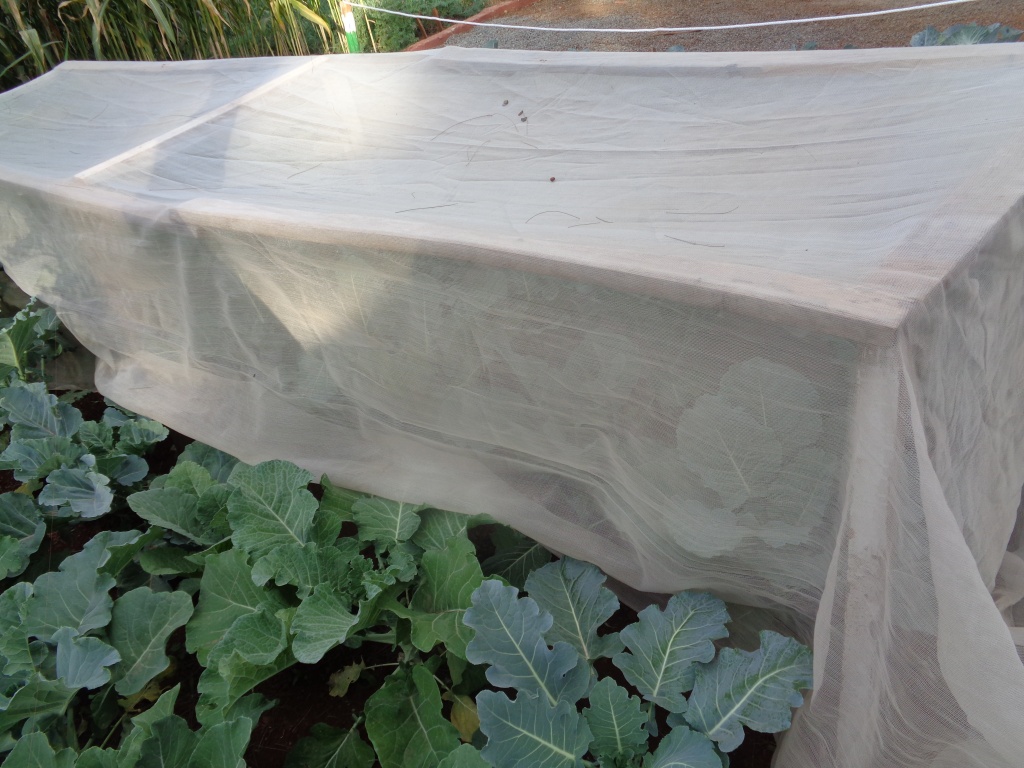Vegetable net a family of AgroNet. AgroNet products provide farmers with affordable alternatives to generally expensive conventional protected cultivation in greenhouses or tunnels.
Local small-scale farmers have always resorted to alternative means like use of mosquito nets to keep destructive insects and chicken away from destroying their horticulture crops due to high cost of buying installing and maintaining greenhouses. Agronet comes handy for such farmers because these nets are made specifically for farmers unlike mosquito nets.
It is estimated that these nets can save farmers up to 30 per cent of harvestable yield losses, according to Kenya Agricultural Research Institute (KARI). The nets, also known as Eco-Friendly Nets (EFN), can reduce up to 90 per cent of pesticide use on crops.
Agronet technology involves the use of agricultural synthetic nets that have been tested and can be used in managing key pests in horticultural crops. Being part of a big family of clear netting products they are developed to man pests in horticulture crops that include fruits and vegetables.
According to Mr. Bonface Mbevi, Entomology researcher at Kenya Agricultural and Livestock Research Organization (KALRO) AgroNet products provide farmers with affordable alternatives to generally expensive conventional protected cultivation in greenhouses or tunnels.
“Instead of using mosquito nets and polythene papers to protect horticulture crops farmers can use agronets which are certified, cost-effective and safe way to protect crops from caterpillars and leaf miners in particular as well as birds and heavy rain,” said Mbevi during this year’s Nairobi International Trade Fair.
Mbevi adds that AgroNet like Cabbage Net and Tomato Net act as physical barriers that deny pests such as Lepidoptera and leaf miners access to the crop, delay other pest infestation namely white flies and aphids and offer protection against cold, wind and hailstones.
However, farmers are advised to start with agronet right from the nursery before transplanting the seedlings to the fields to discourage any infection that might follow the plants from the nursery.
Agronet idea came up from a project-BionetAgro two years ago launched jointly by a French Research Center (CIRAD) and A to Z Textile Mills Ltd, a Tanzanian manufacturing company and supported by a USAID funded research project involving stakeholders in Kenya, Tanzania, Benin, France, USA has established that the use of netting in horticulture is a promising method to control crop pests. AgroNet, the brand tested by the BionetAgro project is about to revolutionize small scale horticulture in the East African region.
